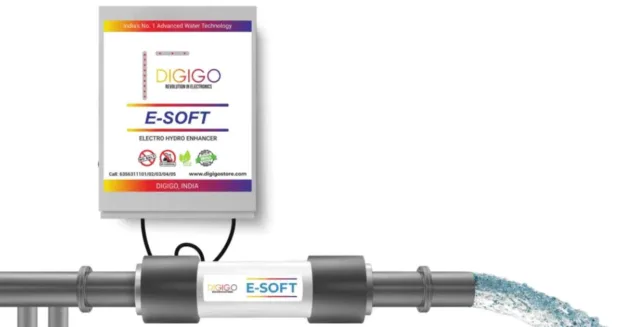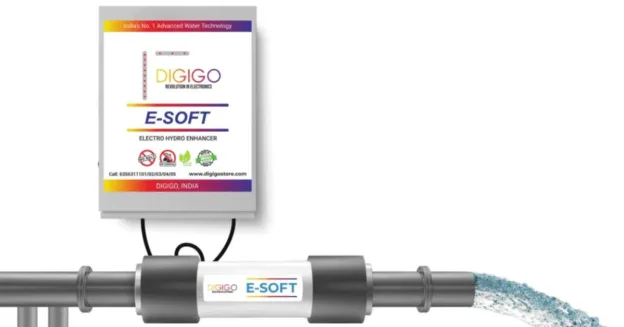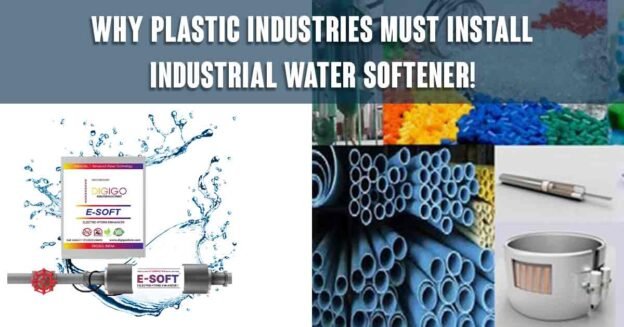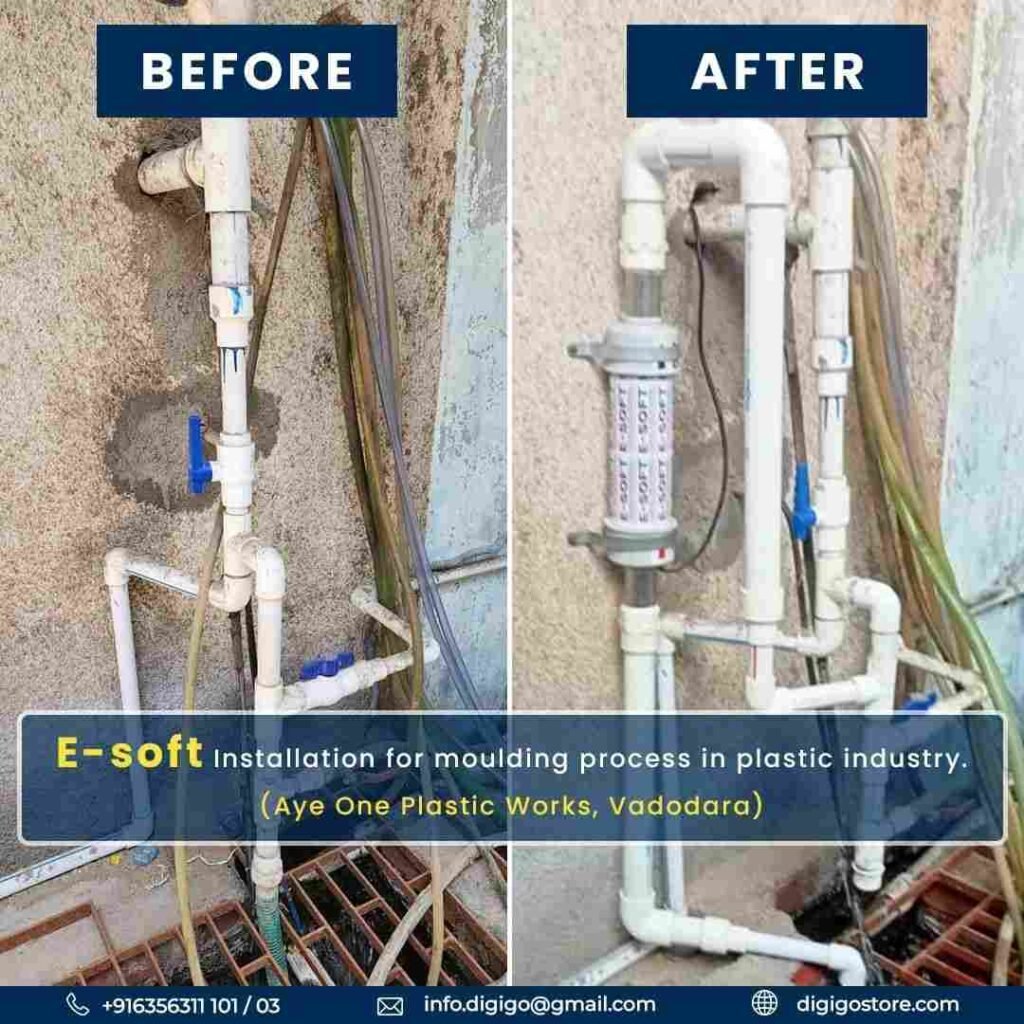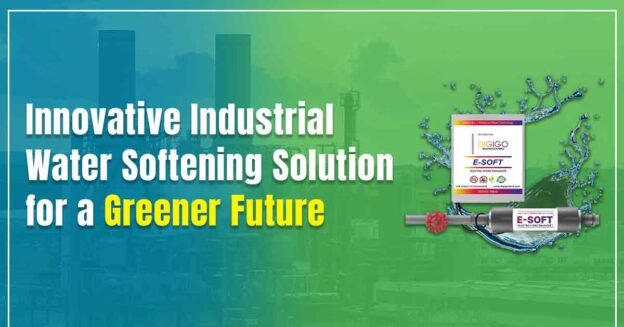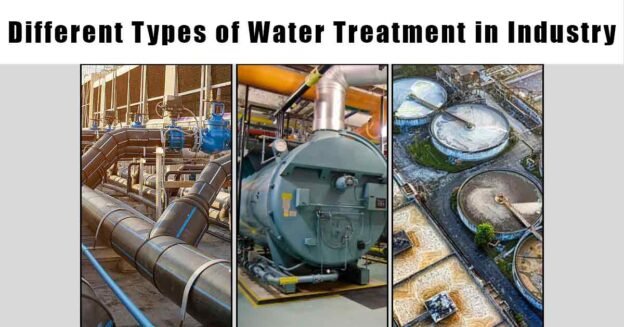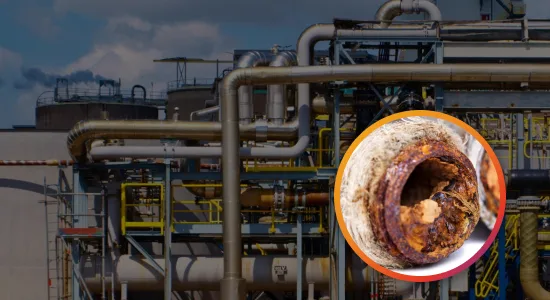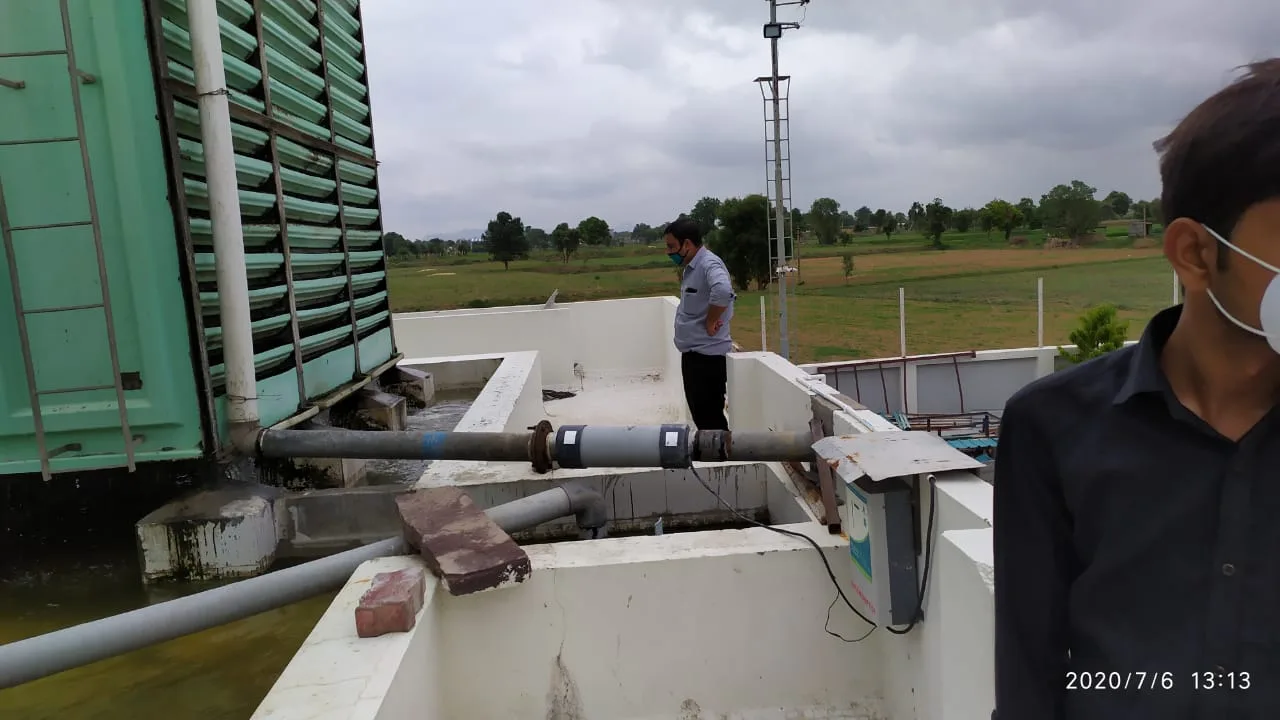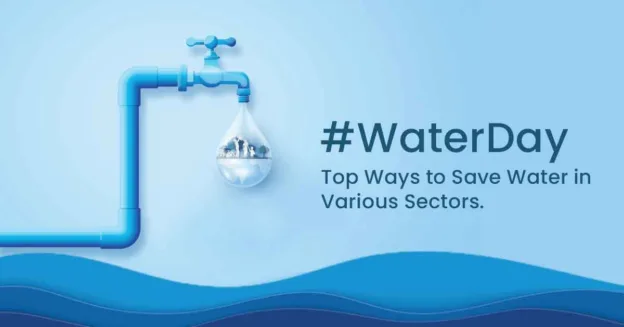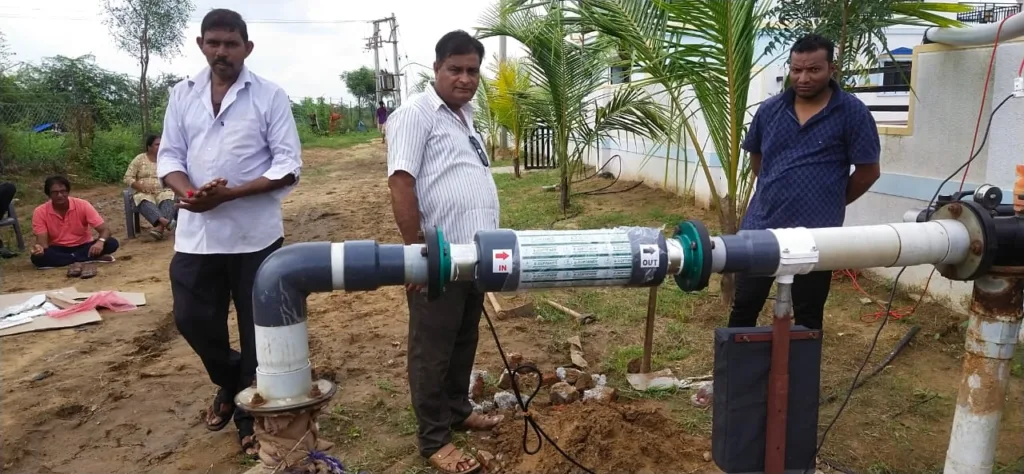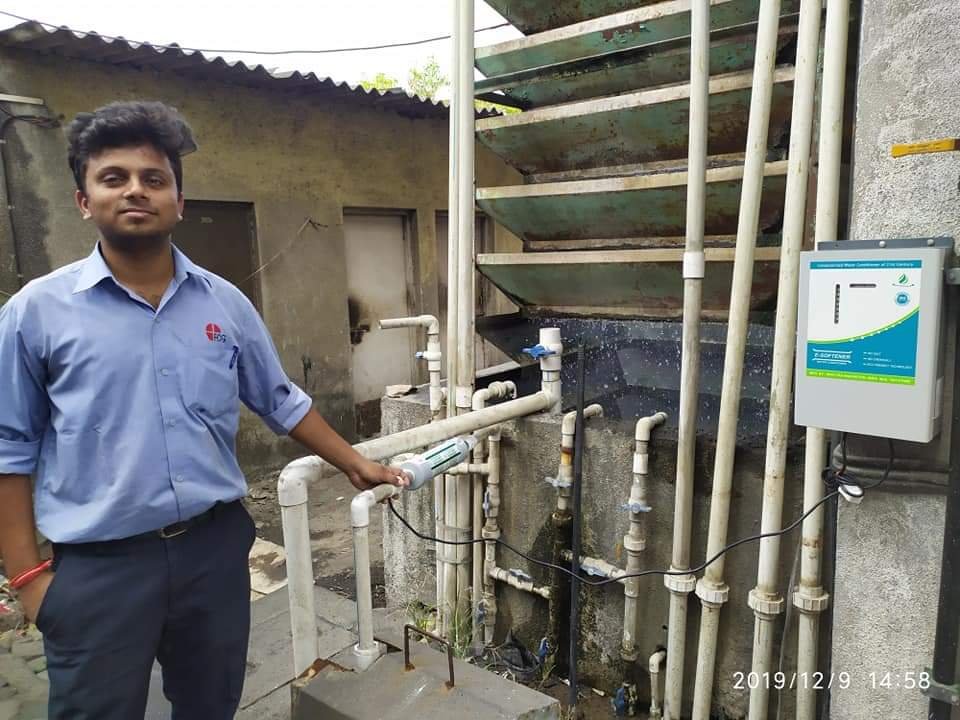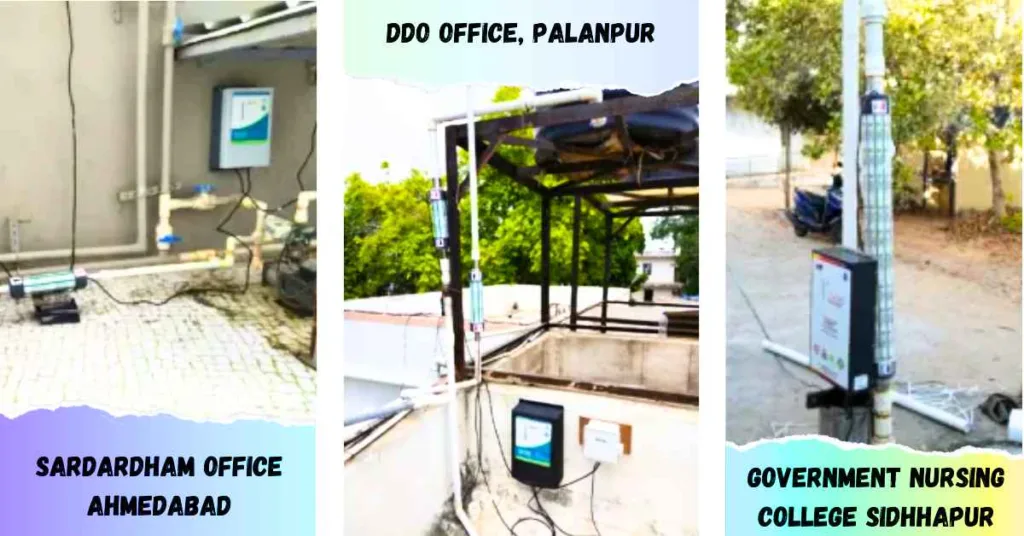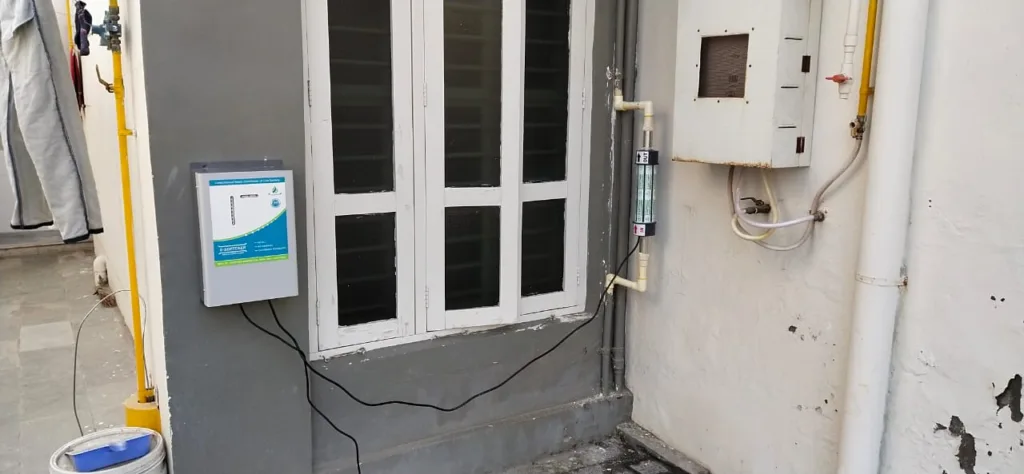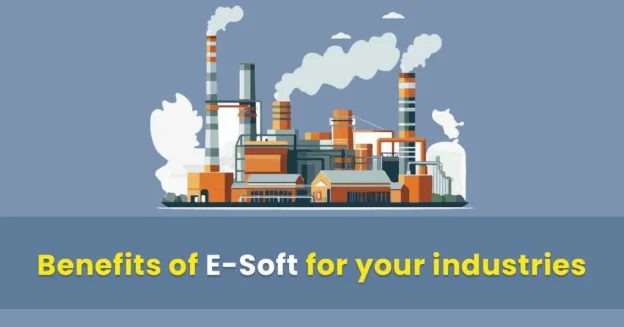Hey there, Indian business owners and factory managers! If you’re reading this, chances are you’ve faced the headache of hard water in your businesses. Whether you run a textile unit, a food processing plant, or a steel factory, hard water is a silent troublemaker that messes with your machines, pipes, and profits. Today, let’s talk about India’s hard water problem and how one simple solution hard water softeners can work wonders for every industry. It’s practical, it’s affordable, and it’s something every Indian business needs to know about!
What’s the Hard Water Problem in India?
If you’ve ever seen white, chalky buildup on your taps or machines, that’s hard water at work. Hard water has too much calcium and magnesium—minerals that come from the ground, especially in places like Rajasthan, Gujarat, and Punjab. In India, over 70% of our water is hard because of our soil and rocks. Borewells, rivers, and even municipal supplies often carry these minerals, and they’re a big problem for industries.
Why? Because hard water clogs pipes, damages equipment, and slows down production. Imagine your boiler breaking down or your cooling system failing—all because of that stubborn scale buildup. It’s not just a small issue; it’s costing Indian industries crores every year in repairs and delays.
How Hard Water Hurts Different Industries
Let’s break it down so it’s easy to see how hard water affects your work:
- Textile Industry: Hard water leaves stains on fabrics and messes up dyeing. Your clothes don’t look as bright, and customers notice.
- Food Processing: Scaling in boilers and pipes affects taste and safety. Plus, it’s tough to clean equipment properly.
- Steel and Manufacturing: Machines overheat or fail when hard water blocks cooling systems. That means more downtime and less output.
- Hotels and Restaurants: Guests complain about spotty glasses or dull laundry. Hard water even makes cooking harder.
- Pharma Industry: Water quality is everything here. Hard water can ruin medicines and fail strict standards.
No matter your industry, hard water is like an uninvited guest that keeps causing trouble. But don’t worry—there’s a fix!
One Solution Fits All: Hard Water Softeners
Here’s the good news: Industrial water softeners can solve this problem for every industry in India. A water softener takes out those pesky minerals and gives you soft water that’s safe for your machines, products, and people. It’s like giving your business a shield against hard water damage.
How does it work? Simple! A water softener uses a process (like ion exchange) to swap calcium and magnesium with sodium. The result? Clean, soft water that doesn’t leave scale or harm your equipment. There are different types—some use salt, some don’t—but they all do one thing: make hard water harmless.
Why Every Indian Industry Needs a Hard Water Softener
Still not sure? Here’s why water softeners are a game-changer:
- Save Money: Less scaling means fewer repairs and lower energy bills. Soft water helps machines run smoothly.
- Better Products: From tastier food to brighter clothes, soft water improves quality.
- Longer Machine Life: No more replacing boilers or pipes every few years.
- Happy Customers: Whether it’s spotless dishes or perfect medicines, your clients will notice the difference.
- Eco-Friendly: Soft water means less detergent and energy use—good for your wallet and the planet.
In India, where water quality changes from state to state, a water softener is like a magic wand. It works whether busy factories or textile hubs.
DIGIGO Industrial Hard Water Softener, Made for India, Made for You
DIGIGO Industrial hard water softeners are designed with India in mind. They handle borewell water, monsoon changes, and high mineral levels. You can get small units for a restaurant or big systems for a factory. And they’re easy to install—no need to stop your work for days.
Time to Act: Beat India’s Hard Water Problem
Hard water isn’t going away on its own. With India’s industries growing fast, we can’t let it slow us down. A water softener isn’t just a tool—it’s an investment in your business’s future. Think about it: less stress, more savings, and happier customers.
